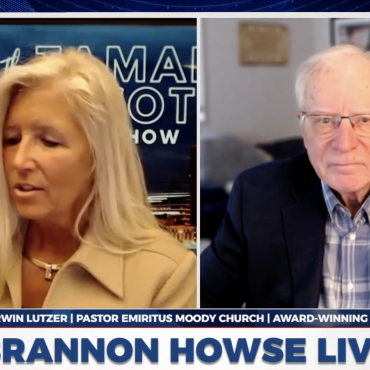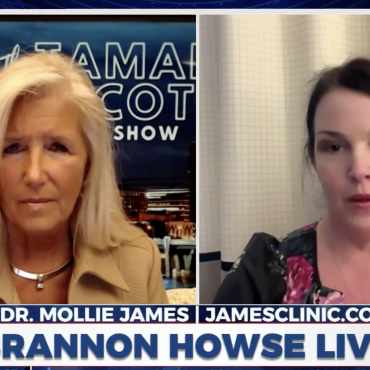Crosstalk: April 14, 2016
All across the nation there are elements that are calling for an increase in the minimum wage to $15 per hour. Union involvement has gone ballistic. Some employees have walked off their jobs demanding this wage increase. Local units of government are taking such steps and most recently California Governor Jerry Brown signed a bill causing his state to be the first in the nation to raise the minimum wage to $15 per hour. But is such a measure really for the good of the people and for the good of the country, or will such action boomerang and actually hurt the very ones pushing for the increase? Joining Jim for this discussion was Bob Adelman. Bob is a graduate of Cornell University and has 2 degrees, including a Masters of Business Administration with a concentration in economics and finances. His career path took him from insurance into estate planning and then into investment and tax planning. After the stock market crash in October of 1987, he started his own investment management company that has since been sold to his son. He is a regular contributor to The New American. Bob believes a lot of union money is behind the push for a $15 dollar minimum wage. He noted that the Service Employees International Union (SEIU) just last year spent 20 million to pay protestors to raise awareness of the alleged need to raise the minimum wage. Jim then added that in addition to that, 450 million has been spent since 2012. According to Bob, this is a last gasp for unions. They are losing credibility and membership. They haven't been able to unionize the fast-food industry and this has been their attempt to do that. The union mindset seems to be that if they raise employee wages, the employees will owe them therefore employees will join the union and pay union dues. That simply isn't happening. In fact, the SEIU lost 9,000 members in the last year. So Bob feels that the more the unions push for this, the less credibility and influence they'll have. But one question still remains. If the minimum wage goes up, won't people be better off? Won't they have more money to spend? Won't that bring in more jobs and generally cause people to be able to live better? Keep in mind that the California minimum wage increase is being implemented in stages. According to Bob, this is being done because they know this will be putting people out of work but those same people will have a hard time complaining. At the same time it will be harder for the free market economists to prove the link between the increase in the minimum wage and an increase in unemployment. This scenario has played out already through job cuts that have occurred in Seattle. They have implemented a gradual wage increase for fast food workers to $15 per hour. The result is that in the last 12 months, 5,800 new jobs were created in the State of Washington outside of Seattle. However, inside Seattle, 700 of those jobs have disappeared. Bob admits there isn't enough data yet to make a direct link between an increase in the minimum wage in Seattle to this loss of jobs. He did say that it looks awfully suspicious that where wages can be determined by the free market, more people are being hired and when they're being determined by government mandate, there are fewer jobs.





























